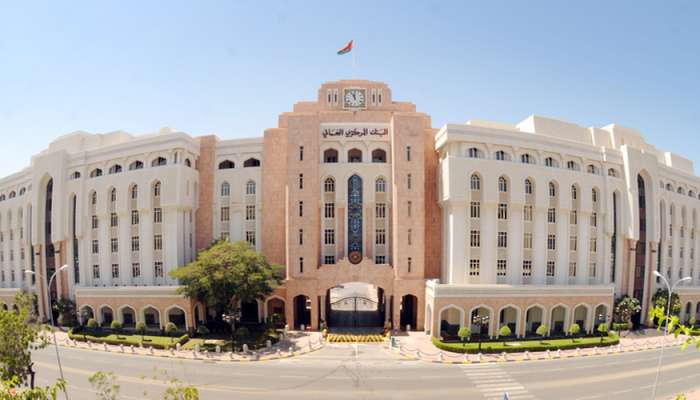The Central Bank of Oman (CBO) recently held its third meeting to discuss various important matters pertaining to the banking sector in the country. The Board of Governors of the CBO affirmed the readiness of the central bank to implement the partial payment system for cheques in the banking sector and urged other authorities to complete their preparations. Additionally, the Board approved regulatory requirements related to activating the Wage Protection System. This shows the commitment of the CBO to ensuring smooth and efficient financial transactions in the banking sector.
The Board also reviewed a report on financing small and medium enterprises (SMEs) in Oman, noting that credit facilities for SMEs accounted for 3.7% of the banking sector’s lending portfolio until June 2024. While this falls short of the targeted minimum percentage of 5%, the Board expressed satisfaction with the progress made in this area. It emphasized the importance of supporting SMEs and pledged to continue efforts to increase the percentage of credit facilities for these institutions in the banking sector.
In a bid to enhance financial stability and support green economy initiatives, the Board approved for the CBO to complete its accession requirements to join the Network for Greening the Financial System (NGFS). This move will enable the central bank to play a more active role in managing environmental and climate change risks through collaboration with local and international institutions that promote green economy initiatives. It demonstrates the CBO’s commitment to sustainable practices and its willingness to embrace international standards in this regard.
In response to the growing trend of digital transformation in the banking sector, the Board directed efforts towards adopting best global practices in providing digital services. This aligns with the Board’s goal of promoting innovation and keeping pace with technological advancements in the industry. By embracing digital technologies, the CBO aims to enhance the customer experience, streamline processes, and improve overall efficiency in the banking sector.
During the meeting, the Board also approved the annual budget of the College of Banking and Financial Studies for the academic year 2024-2025. This decision underscores the CBO’s commitment to education in the financial sector and highlights the importance of investing in training and development to ensure a skilled workforce that can meet the evolving needs of the industry. By supporting educational initiatives, the CBO aims to nurture talent and drive innovation in the banking sector.
In conclusion, the meeting of the Board of Governors of the CBO covered a wide range of topics, including financial safety indicators, the bank’s financial position, reserves, and foreign investments. The Board also addressed issues related to Sharia compliance, credit information, and liquidity in the banking sector. By reviewing these reports and making appropriate decisions, the CBO is taking proactive measures to ensure financial stability, promote sustainable practices, and support the growth of SMEs in Oman’s banking sector.











